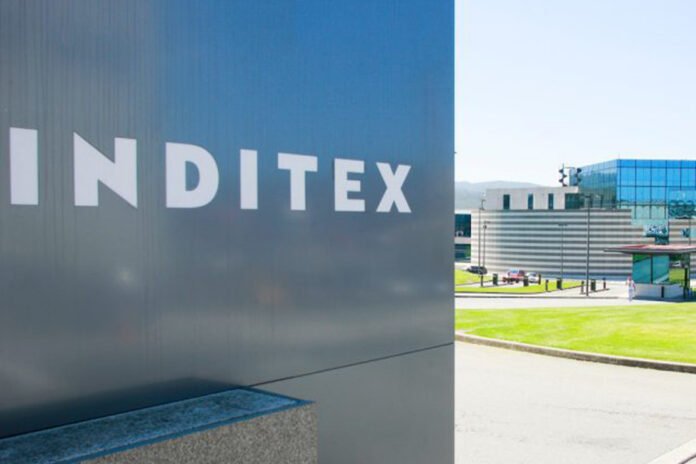A breakthrough in textile-to-textile recycling with loopamid, the first circular nylon six entirely based on textile waste, is the outcome of BASF and Inditex collaboration. Loopamid enables recycling six discarded polyamide textiles into new, virgin-quality synthetic fibers and materials.
Zara has launched a jacket made only from loopamid®, based on 100 percent textile waste from garments, after collaborating with leading manufacturing companies to incorporate loop amid into all the different elements of the product.
BASF and Inditex jointly announced the breakthrough as an outcome of their efforts to boost recyclability in the textile industry. With the launch of loopamid®, a polyamide 6 (PA6, also known as nylon 6) made from 100 percent textile waste, BASF is providing the first circular solution for nylon apparel made entirely from textile waste. Zara has turned the material into a jacket made from 100 percent loopamid, available worldwide. Following a “design for recycling” approach, all parts, including fabrics, buttons, filling, hook and loop, and zipper, are made from loopamid.
With loopamid, BASF has developed an innovative solution to improve circularity in the fashion industry and recycle polyamide six textile waste. Due to its capability to tolerate all fabric mixtures like PA6 and elastane, the cutting-edge technology behind loopamid allows textile-to-textile recycling of post-industrial and post-consumer textile waste. The fibers and materials can be recycled over multiple cycles.
An official of BASF’s Monomers division said that BASF had reached a significant milestone towards circularity in the fashion industry and pioneered an approach to close the loop for nylon textiles. He said the capsule jacket, together with Inditex, is proof that circularity is possible, and we are eager to drive the textile industry’s sustainable transformation.
Inditex has partnered with other leading groups in the clothing manufacturing industry to seamlessly integrate loopamid into various garment components, including fabrics, zippers, buttons, fillings, hook and loop fasteners, and sewing threads. Monday, a take-back program operated by the charity organization Caritas classified, sorted, and provided discarded textiles as feedstock. The Italian company RadiciGroup has been working in the process of transforming loopamid polymer into various types of yarn with different characteristics. The multinational Japanese fastening products company YKK and multinational Velcro companies have also played crucial roles in utilizing loopamid polymer to create plastic components for zipper snap buttons and hook-and-loop fasteners. Uniter from Spain, Tessitura Vignetta from Italy, and Freudenberg and Gütermann from Germany have also participated in this project to develop other garment components such as inner labels, filling materials, and sewing threads using loopamid.
By 2030, BASF aims to double its sales generated with solutions for the circular economy to €17 billion. To achieve this, the company concentrates on three action areas: circular feedstocks, new material cycles, and new business models.
Inditex aims to have 100 percent of its textile products made exclusively from materials with a smaller environmental footprint by 2030. As part of this commitment, the Group expects to have 25 percent of the textile fibers made from next-generation materials that do not yet exist at an industrial scale, 40 percent of conventional recycled materials, and 25 percent of organic and regenerative fibers



